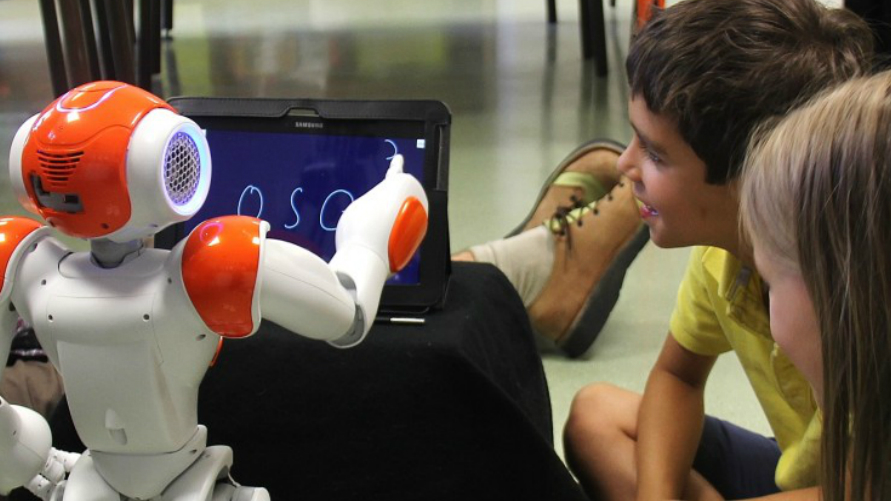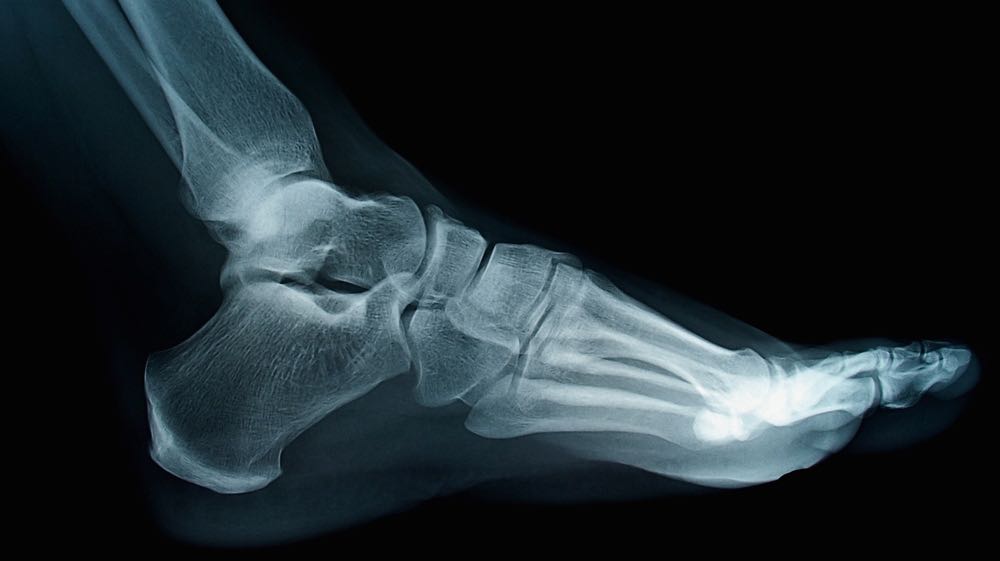It’s a well-oiled machine with a mission to better search, maps, and Android.
Search Results
You searched for: Richard Hoffman
Our neighborhoods play with our perceptions about the state of wealth, influencing our opinions on wealth politics.
Personal attacks on a speaker, especially about their funding, are a sign that the attacker can’t dispute the facts the speaker is presenting. Beware the attacker too.
Both biology and economics are in the “productivity selection” business. But self-interest in evolution differs greatly from self-interest in economics. Comparing them shows that excessive self-maximization has become a systemic risk.
Researchers figure out what words would best help move people to support climate change policies.
“Scientific knowledge is an enabling power to do either good or bad — but it does not carry instructions on how to use it. Such power has evident value — even though the power may be negated by what one does with it.”
The standard line against painter John Singer Sargent goes like this: a very good painter of incredible technique, but little substance who flattered the rich and famous with decadently beautiful portraiture — a Victorian Andrea del Sarto of sorts whose reach rarely exceeded his considerable artistic grasp. A new exhibition of Sargent’s work and the accompanying catalogues argue that he was much more than a painter of pretty faces. Instead, the exhibition Sargent: Portraits of Artists and Friends and catalogues challenge us to see Sargent’s omnivorous mind, which swallowed up nascent modernist movements not just in painting, but also in literature, music, and theater. Sargent the omnivore’s dilemma thus lies in being too many things at once and tasking us to multitask with him.
A new Barnes Foundation show highlights the connections between ancient artisanal ironwork and modern art.
Researchers found banning smartphones from the classroom helped raise the worst students’ test scores and bring up the class average.
Analysis of skeletal remains suggests we’ve found one of earliest known homicide victims.
Congress debated cutting $260 million from Amtrak’s budget as emergency crews searched through the rubble of a train accident that killed six passengers the night before.
Researchers from the American Chemical Society finally tackle what makes New York City’s bagels taste so good — it’s all about mixing the right chemical compounds.
Despite popular views, evolution entails inheriting more than genes. And it isn’t all ruthless competition. Nor is it all random mutations. “Niche Construction” adds a third inheritance mechanism to the complicated mix.
Information Theory explicitly ignores meaning. Its focus on messages makes it uninformative about their effects. And limits the usefulness of its way of quantifying information.
Mama, Don’t Let Your Babies Grow Up To Deny Evolution If adults want to deny evolution, sure. That’s fine. Whatever. But those adults better not make their kids follow in […]
The U.S. Supreme Court issued a ruling this week protecting free speech on the Internet by clarifying the standards by which people can be convicted for making potential threats online.
A new wave of authors — think of them as Richard Dawkins’ more evolved descendants — is building the case for a “new atheism” that focuses more on what it values than on a blanket rejection of God.
Swiss researchers, operating with the knowledge that kids learn better when able to teach their skills to other pupils, have developed a robot student to assist with lessons in penmanship.
Biomechanical scientists have created a simple device that can increase walking efficiency, or “human gas mileage,” by an average of 7 percent when worn around the ankle.
The so-called creative class has made it more difficult for the creators of culture—artists and thinkers who depend on leisure time—to produce work that reminds the country of its values, purpose, and potential.
Psychedelics like psilocybin and LSD are being researched again after a 40-year hiatus, and the results are promising, from both a scientific and spiritual perspective.
Millennials are the first American generation who have not been taught how to use tools and that could have a negative effect on the country’s trade industries.
Could humans someday live to be 1,000 years old? Life extension and radical longevity are rising topics of conversation among futurist circles… and wealthy tech entrepreneurs are listening.
Is ruthless selfishness natural and rational? The idea that this is just how “selfish genes” and evolution work is unnaturally selective. Without certain kinds of cooperation, no gene can survive (that’s using the term cooperative in a similar metaphoric way that genes can be described as “selfish”).
Many past campaigns have tackled unique problems that come with running a repeat candidate. Hillary Clinton, who was defeated in the 2008 Democratic primary by Barack Obama, is the most notable example heading into the 2016 presidential election.
Ten years ago, a researcher claimed most published research findings are false; now a decade later, his claim is stronger than ever before. How can this be?
Mystic Aquarium in Connecticut has teamed with Covanta Energy Corporation to explore the ways marine waste can be turned into clean energy.
The Cricket World Cup begins this weekend. If you’re confounded by the game, yet curious to learn, the internet has your back.
“Human beings are good at many things, but thinking about our species as a whole is not one of our strong points.”
Preschoolers demonstrate stronger academic achievement when lessons about caring and mindfulness are integrated into the traditional curriculum, say educational researchers in Wisconsin.




























